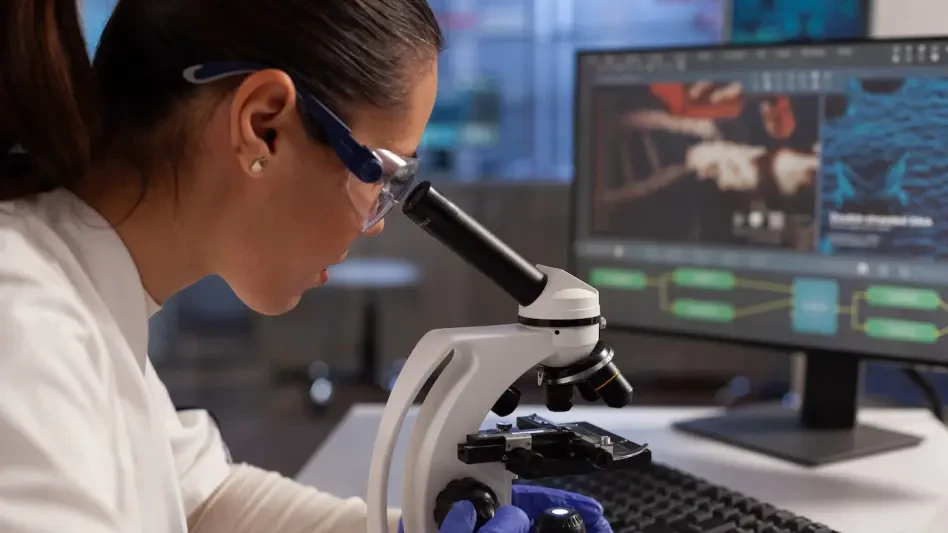The world of U.S. biomedical research faces formidable challenges as budget cuts pose a graver risk to scientific progress than ever before. A startling revelation in the form of financial reductions has left many researchers questioning the future of some of the nation’s most critical medical advancements. This ongoing fiscal strain not only disrupts the lives of many dedicated scientists but also threatens significant delays in projects addressing life-threatening conditions.
In an era where scientific breakthroughs define the future of healthcare, any hindrance to biomedical research could have profound consequences. Recent policy shifts aimed at reducing funds to key research institutions suggest a growing crisis that stretches beyond mere financial impediments. The ramifications of these cuts are broad, influencing public health trends and potentially impacting economic stability on a national level.
Unraveling the Financial Crisis in Research
One cannot ignore the immense contributions of U.S. biomedical research to global health achievements. This sector has been pivotal in combating disease, developing vaccines, and improving healthcare outcomes. However, recent policy decisions have cast a shadow over progress, undermining the potential for scientific and medical breakthroughs that align with the country’s public health and economic interests.
The Extensive Repercussions of Financial Austerity
The Trump administration targeted the National Institutes of Health (NIH) with specific budget reduction strategies, disrupting funding streams to critical research initiatives. The implications of such decisions extend far beyond the immediate fiscal year. Projects crucial for tackling issues such as maternal mortality rates and cutting-edge cancer treatments now face severe delays or outright termination.
These financial cuts have ripple effects on research continuity and workforce stability. Researchers often encounter stalled projects, impacting their career trajectories and, more concerning, the health outcomes for patients relying on timely medical interventions.
Voices of the Affected: Experts and Tales
Experts in the field have voiced strong concerns over these detrimental financial setbacks. Their insights underscore the gravity of the impact as vital research lapses into uncertainty. Anecdotes from researchers highlight the personal tolls—featuring stories where promising medical findings remain shelved due to insufficient funding, causing frustration within the scientific community and potential harm to patients awaiting new treatments.
Such insights from the ground level illustrate that these fiscal policies bear more than monetary burdens; they foster an environment of stagnation and sharp declines in research morale.
Navigating Through Fiscal Restraint: Practical Paradigms
Amid diminishing financial resources, researchers look toward strategies for survival and advancement. New frameworks for securing alternative funding sources become increasingly important. Advocacy for policy shifts, alongside seeking corporate partnerships and philanthropic support, can provide crucial lifelines for maintaining research progress despite financial constraints.
Suggestions for broader systemic changes include reshaping grant processes and increasing collaboration across institutions to share resources and findings, enabling continued innovation under limited budgets.
Reflective Closing Thoughts
The challenges highlighted by these financial strains impart lessons that extend beyond immediate fiscal considerations. It is essential to remain vigilant and proactive in crafting inventive solutions. The path forward calls for a collective effort to preserve and promote research integrity through a comprehensive approach that leverages collaboration, advocacy, and inventive problem-solving, ensuring that biomedical research can continue to thrive as a cornerstone of public well-being and scientific progress.









